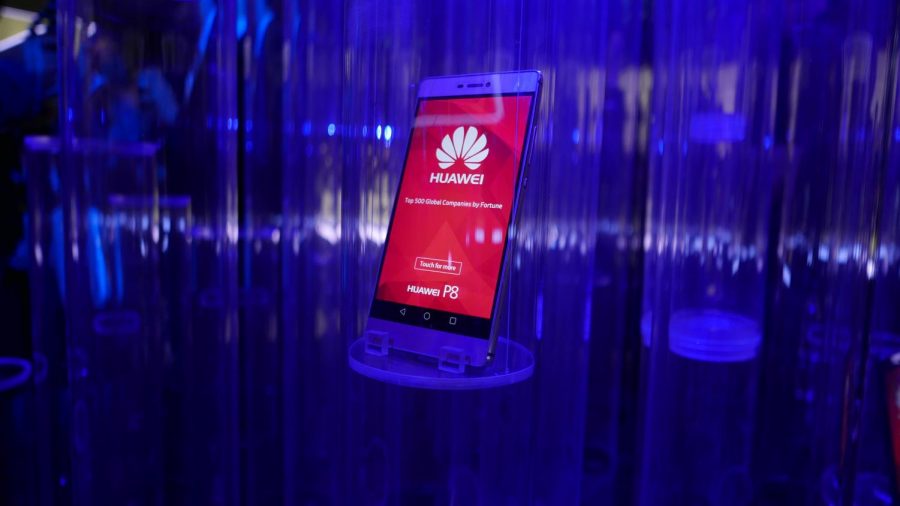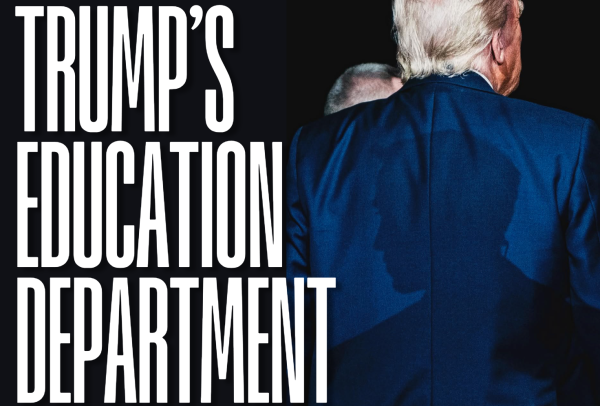The U.S. Must Take Action Against Chinese Espionage
By Timothy Kyle
Intellectual theft. Espionage. Hacking. In the public eye, these words are associated with Cold War drama, not the world of modern geopolitics. What many don’t know, however, is that a Second Cold War exists —but only one side is fighting it.
The People’s Republic of China is the closest thing the United States has to a rival. America is the protector of the world order over the last 80 years — a world order based on adherence to international law and established precedent. China, however, sees a rules-based international order as detrimental to its interests. Over the years, the PRC has revealed its disdain for the global norm. Masked behind the dual curtains of the president’s loutish rhetoric and media and public disinterest, the very real threat of China lurks, abusing the naive trust of the West to strengthen itself at the expense of the rest of the world.
Nothing puts this into sharper contrast than the recent twin indictments of Huawei, the Chinese telecommunications giant that recently has become a global pariah. Huawei has a long and troubled history in Western markets, wracked with arrests, indictments and charges of industrial espionage. In 2011, Huawei was sued by Motorola for theft of trade secrets, settling out of court for an undisclosed amount. In 2014, T-Mobile accused Huawei of ordering its employees to physically steal T-Mobile technology. Huawei was found guilty and ordered to pay $5 million in damages. In 2018, the U.S. military banned Huawei products from being sold to troops, fearing they were a tool for Chinese military intelligence.
In January 2019, the Department of Justice announced sweeping indictments of Huawei, for abusing security clearances to steal technology and using shell companies to sidestep U.S. sanctions on Iran. Huawei’s CFO, Meng Wanzhou, was arrested in Canada and awaits extradition to the U.S. to answer for financial crimes of her own, unrelated to the company-wide indictments. Make no mistake — despite its appearance of independence, Huawei is financed by state-owned banks.
These commercial indictments paint a clear-enough picture of Chinese misconduct in the United States, to say nothing of the espionage committed against our national defense apparatus. As early as 1999, Chinese intelligence had stolen classified information on every single thermonuclear warhead in our inventory. More recently, beginning in 2006 and continuing until 2018, a Chinese initiative called Stone Panda stole the personal information of 100,000 U.S. Navy personnel, including Social Security numbers. Again in 2018, hackers breached the databases of U.S. Navy contractors and stole everything from ship maintenance logs to missile plans.
Despite this obvious and repeated interference in classified U.S. affairs, China has escaped largely unscathed. Unlike other common geopolitical foes of the U.S. such as Russia, Iran and North Korea, there are no crippling sanctions on the Chinese economy or officials. When a prominent politician like Senator Dianne Feinstein was found to have a literal spy retained on her staff, it was swept under the rug and never heard of again.
One could reasonably state that the inaction on our part is due to the interdependence of the Chinese and U.S. economies, but that fact does not stop the Chinese government from taking hostile action towards the US constantly. The PRC continues to act the way it does because we let them — there is never any serious retaliation. They rely on our naivete to allow their misconduct to go unpunished.
It is therefore crucial that the U.S. take drastic steps to curb Chinese spying. The first step should be an aggressive restructuring of defense-related cyber-security, potentially by utilizing private experts and ensuring funding for new, more secure computer systems to replace the dated ones often used in the military.
Second, norms for retaliation must be established. This includes sanctioning Chinese companies that engage in espionage, such as Huawei, and the Chinese government-owned banks that fund and partially control them.
Make no mistake: the People’s Republic of China sees the United States as a competitor, not a partner. It is important the U.S. wakes up to this threat and reciprocates. China is already fighting the Second Cold War. It’s time we join to defend the rules-based world order we have worked so hard to build.
Timothy Kyle, FCRH ’21, is a political science major from West Hartford, Connecticut.









































































































































































































